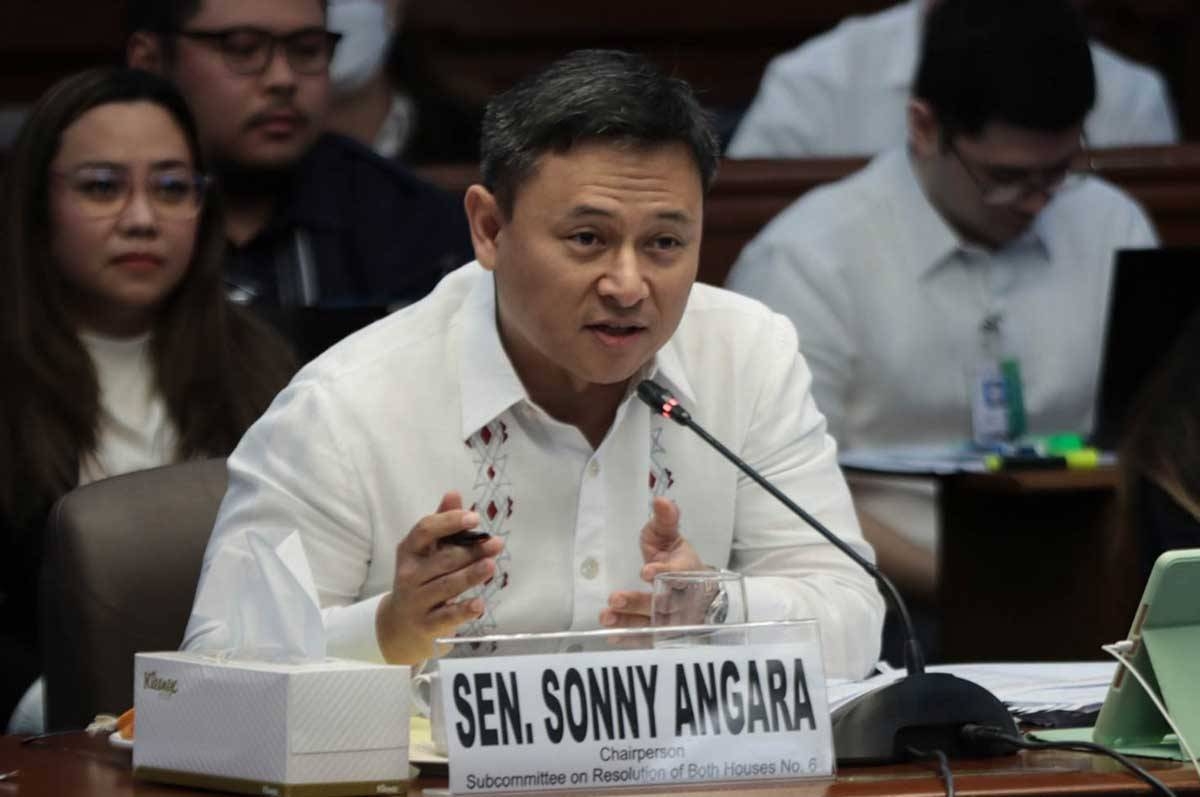In a recent development, Senator Juan Edgardo “Sonny” Angara has proposed synchronizing the plebiscite on Charter change (Cha-cha) with the 2025 midterm elections. This move aims to save government funds and streamline the process. As the chairman of the Senate Subcommittee on Constitutional Amendments and Revision of Codes, Senator Angara led a public hearing on Resolution of Both Houses (RBH) 6, which seeks amendments to certain economic provisions of the 1987 Constitution.
During a radio interview conducted in Filipino and English, Senator Angara emphasized the need to reconcile the timeline of the plebiscite with the 2025 elections due to the high cost associated with holding a separate plebiscite. He believes that synchronizing the two events would not only be practical but also result in substantial savings for the government. As the head of the Senate Committee on Finance, Senator Angara is keen on finding ways to cut costs and maximize efficiency.
However, House Majority Leader Manuel Jose Dalipe expressed his opposition to Senator Angara’s suggestion. He argued that the plebiscite should be a separate topic, allowing voters to focus solely on the matter at hand. Mixing it with a regular midterm election could potentially confuse voters and dilute the significance of the Cha-cha referendum. Dalipe emphasized the importance of obtaining the voice of the people through a dedicated referendum, where the question is a simple “Yes” or “No.”
The debate surrounding the synchronization of the plebiscite with the 2025 elections raises several important considerations. On one hand, Senator Angara believes that combining the two events would lead to greater efficiency and cost savings for the government. By avoiding the need for a separate plebiscite, resources can be allocated more effectively. This approach aligns with the senator’s practical mindset, emphasizing the importance of saving public funds.
On the other hand, House Majority Leader Dalipe highlights the potential drawbacks of merging the plebiscite with the elections. He argues that the focus should be on obtaining the clear and unambiguous voice of the people through a dedicated referendum. Mixing the Cha-cha question with candidates vying for national and local positions could create confusion and dilute the significance of the plebiscite.
As the debate continues, it is crucial for senators to reveal their stand on Cha-cha. This transparency will help shed light on the various perspectives and facilitate a consensus on what economic provisions should be amended. Senator Angara remains optimistic that within a few months following the filing of certificates of candidacy for the 2025 midterm elections, the Senate and the House of Representatives will reach an agreement on the necessary amendments.
In conclusion, the proposal to synchronize the plebiscite on Charter change with the 2025 midterm elections has sparked a debate among lawmakers. While Senator Angara advocates for efficiency and cost savings, House Majority Leader Dalipe emphasizes the need for a dedicated referendum to obtain the voice of the people. As the discussions unfold, it is essential for senators to openly express their stance on Cha-cha, fostering transparency and facilitating a consensus on the necessary amendments to the economic provisions of the 1987 Constitution.







